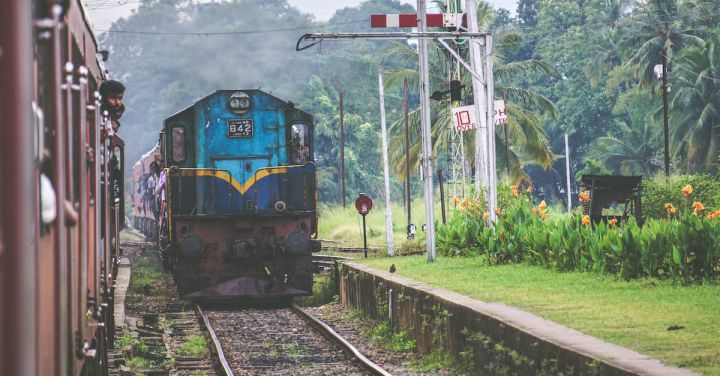In the world of transportation, locomotive engineers are the true masters of the iron beast. These skilled professionals are responsible for operating and controlling the powerful locomotives that transport goods and people across vast distances. Their job requires a unique combination of technical knowledge, quick thinking, and a deep understanding of the iron horse they command.
When it comes to locomotives, size matters. These massive machines can weigh up to several hundred tons and can stretch for hundreds of feet. They are powered by powerful diesel engines or, in some cases, by electricity. The sheer size and power of these locomotives require a skilled engineer to navigate them safely and efficiently.
Locomotive engineers undergo rigorous training to acquire the necessary skills to control these mighty machines. They must learn the inner workings of locomotives, including the complex systems that allow them to accelerate, decelerate, and change direction. They also need to be familiar with the safety protocols and regulations that govern their operation.
But technical knowledge alone is not enough. Locomotive engineers must also possess a keen sense of observation and quick reflexes. They need to constantly monitor the tracks ahead, looking out for any signs of danger or obstructions. They must be able to react swiftly to unexpected situations, such as sudden changes in weather or mechanical failures. A split-second decision can mean the difference between a safe journey and a catastrophic accident.
The role of a locomotive engineer is not without its challenges. They often work long hours, sometimes spending days away from home. They must be prepared to work in all weather conditions, from scorching heat to freezing cold. They face the constant pressure of meeting strict schedules and ensuring the timely delivery of goods and passengers. It takes a special kind of person to thrive in this demanding and high-stakes environment.
Despite the challenges, many locomotive engineers find great satisfaction in their work. They enjoy the thrill of controlling a massive machine and the sense of responsibility that comes with it. They take pride in their ability to safely transport goods and people across vast distances, knowing that their skills are vital to keeping our economy moving.
In recent years, the role of locomotive engineers has evolved to incorporate new technologies. They now work with advanced computer systems that monitor and control various aspects of locomotive operation. These systems provide real-time feedback and assist engineers in making decisions, further enhancing safety and efficiency.
However, as technology advances, there is one thing that remains constant: the need for skilled locomotive engineers. No matter how advanced the systems become, it is the human touch that ensures the smooth operation of these iron beasts. Locomotive engineers are the guardians of the railroads, entrusted with the responsibility of keeping our transportation system running smoothly and safely.
In conclusion, locomotive engineers are the unsung heroes of the transportation industry. They possess the technical knowledge, quick reflexes, and keen observation skills necessary to control the massive locomotives that traverse our railroads. Their work is challenging and demanding, but also highly rewarding. As technology continues to advance, their role remains vital in ensuring the safe and efficient transportation of goods and people. So, the next time you see a train passing by, remember the skilled locomotive engineer who is taking control of the iron beast.
